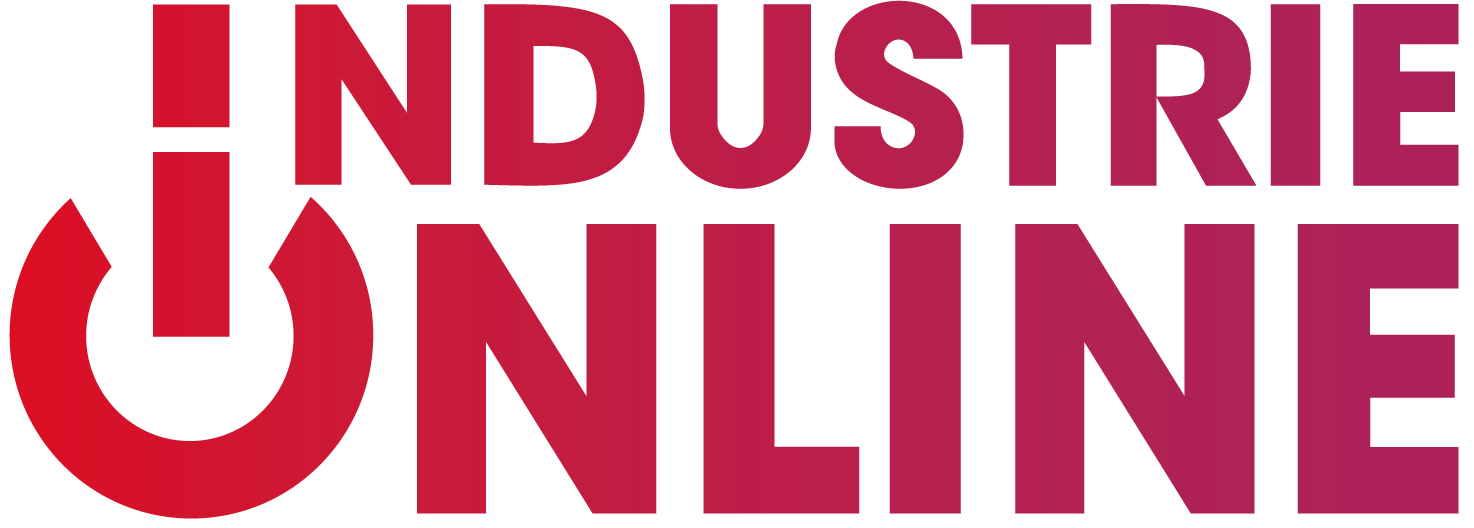French employees: how to improve their mental health?

44% of French employees are in a situation of psychological distress, according to a survey carried out by the firm Empreinte Humaine. An alarming figure, which must be taken into consideration by leaders. However, the latter are not always equipped to deal with the psychological distress of their colleagues. Update on the psychological state of French employees and the means to act, with Prospective Industries.
Psychosocial risks: what consequences for the company?
According to INRS, psychosocial risks are work situations where employees experience stress, internal violence within the company (moral or sexual harassment for example) or external violence. The consequences for employees are numerous: cardiovascular diseases, musculoskeletal disorders, depression, anxiety and burnout, among others. But, for companies too, psychosocial risks have repercussions, as specified by the INRS. Among them: increase in absenteeism, turnover and workplace accidents, demotivation, deterioration of creativity, productivity, work atmosphere and recruitment difficulties, etc.
Mental health of employees, when external factors come into play
The health crisis has had significant consequences on the mental health of employees. Since then, geopolitical tensions, environmental issues, sometimes the origin of “eco-anxiety”, or even inflation, are all subjects which can undermine the psychological state of everyone.
Should these factors be taken into account by HR managers and teams? In this context, where should we draw the line between personal life and professional life? According to Benjamin Saviard, director of Icas France, quoted by Prospective Industries: “many HR managers legitimately wonder: do the problems of school harassment of my employee's child or his divorce concern me? They clearly see that these situations have an impact on motivation, performance, and that this can generate conflict situations... So yes, I tell them that this is their role! Especially since we can never be 100% categorical about the origin of burn-out or anxiety situations. It is often multi-causal: we do not know how long issues have been ping-ponging between the private and professional spheres. We must understand that there is only one mental health.”
It is therefore important that managers be particularly vigilant regarding the mental health of their employees, in order to preserve – and support – the most vulnerable employees.
According to Christophe Nguyen, president of Empreinte Humaine and expert at the Welcome to the Jungle Lab, cited by Prospective Industries, “when we talk about “quiet quitting”, “great resignation”, recruitment problems or even early resignation of CDD, all of this illustrates the same phenomenon of mental health at work. People can no longer bear working in conditions that threaten their health.” Indeed, according to Empreinte Humaine, 74% of French employees declare that their state of psychological health is linked to their work.
Artificial intelligence for employee mental health
Faced with this growing psychological distress, a new tool is proving to be a major support for HR teams: artificial intelligence. In fact, this can be a great way to better monitor employee activity. Some companies are therefore developing intelligent observability platforms, which enable automated monitoring of systems. Engineers and technicians responsible for managing or maintaining infrastructure such as factories, electrical and digital networks, for example, can be subject to high levels of stress. Automating the monitoring of this software would reduce the level of stress of the employees concerned, as explained by Sofia Chedlivili, Sales Director France of New Relic, quoted by Prospective Industries: “When an anomaly is detected by the observability platform, the AI carries out an initial assessment of the situation as well as a root cause analysis, before recommending the appropriate action. This allows engineers to work faster in crisis situations […] Observability and AI help alleviate stress by acting as a second pair of eyes. »
In addition, AI allows HR departments to collect and use more and more data, such as current projects, training, or even absenteeism and burn-out. Prospective Industries highlighted the point of view of Alexandre Stourbe, general director of LabRH, who specifies that the exploitation of this data “can lead managers to identify services, functions or positions in which we observe more difficulties. This could make it possible to implement more targeted managerial actions.” If data analysis by AI can help prevent psychological distress among employees, it nevertheless raises ethical and regulatory questions regarding the conservation of this sensitive data, since it is linked to health.
Call on professionals
Faced with the psychological distress of French employees, professionals can intervene. Occupational doctors, like psychologists, can thus support employees who feel the need. Also note: the managers interviewed by Prospective Industries also mentioned their mental fatigue, following the health, energy, environmental and societal crises which have also affected them. Faced with psychological distress, no one is spared, so it is important to remain vigilant!
About the Prospective Industries dynamic:
The FIM (Federation of Mechanical Industries), Cetim and the UIMM have joined forces to offer manufacturers: Prospective Industries, an approach to anticipate developments based on expert testimonies. This action aims to support the regional companies concerned in their strategic thinking. It makes it possible to create a local, original dynamic which promotes exchanges between leaders on the weak signals which prefigure technological and human changes. https://www.prospective-industries.fr/
Our other news
See allJoin the largest community of industrial suppliers
- Helping you with your ongoing technology watch
- Provide you with detailed supplier statistics
- Give you international visibility
Discover the largest catalogue of industrial products on the market
- To offer you the best catalogue of industrial products on the market
- To guarantee you a 100% secure platform
- Enable you to have live remote exchanges


 Français
Français 







